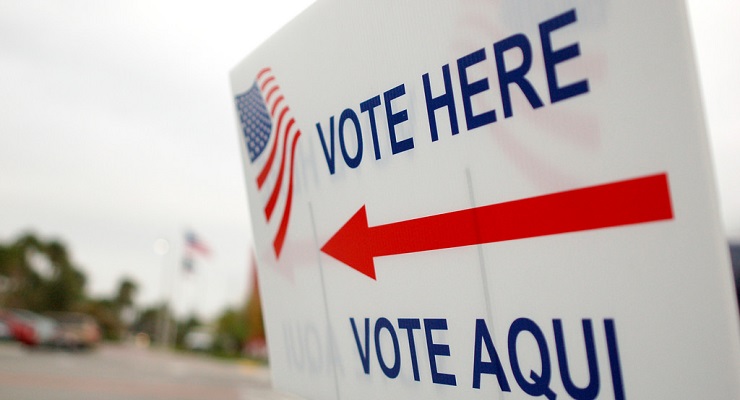
Analysts are going over a Republican proposal for retention elections as a check on the judiciary in New Jersey. It should be noted that the problem with the idea is that sometimes judges who make unpopular decisions are punished in retention elections in other jurisdictions, although judges in these places find that retaining their seat is usually easy. A good example of these worries was in Iowa where in a 2010 retention election, “David Baker, Marsha Ternus and Michael Streit, three Iowa Supreme Court justices, were denied retention by slim margins because of the court’s decision to legalize gay marriage”. The Brennan Center summarized the latest news in New Jersey as follows:
Two Republican lawmakers have proposed introducing retention elections and four-year terms for state high court judges in New Jersey, writes S.P. Sullivan for NJ.com. Under New Jersey’s existing system, justices are appointed by the governor and confirmed by the state Senate for an initial seven-year term, and can then be reappointed and confirmed to a second indefinite term, subject to a mandatory retirement age of 70.
According to Sullivan, state senators Gerald Cardinale (R-Bergen) and Michael Doherty (R-Warren) issued a joint statement that cited “a long history of horrendous Supreme Court decisions that have made New Jersey the most expensive state in the country for property taxpayers.” They argue the change would “make the justices accountable to New Jersey voters,” but Sullivan writes that “some worry the move would further inject politics into the state’s highest court.” Robert Hille, the president of the New Jersey Bar Association, said that “generally, ‘we believe tenure protects judicial independence’” and that judicial independence “in turn, protects the public by allowing judges to decide cases on the law and facts and not political pressures.”
Here is some more info on judicial retention elections from a debate at the American Judges Association:
A retention election or judicial retention is a periodic process whereby voters are asked whether an incumbent judge should remain in office for another term. The judge, who does not face an opponent, is removed from the position if a percentage of voters (often 50 percent) indicate that he or she should not be retained.
A comedic take on judicial elections from HBO’s John Oliver:
Leave a Reply